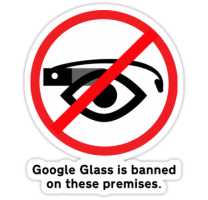December 16, 2013
Book Review: The Emergent Workplace
It’s rather refreshing to see a book or report in which the word ‘Workplace’ in the title is prefaced by ‘Emergent’ rather than something misleading like ‘Tomorrow’s’ or ‘Future’. And so the authors Clark Sept and Paul Heath define their vision of the workplace presented in this slim but engaging book as a thing which is ‘in the process of becoming prominent’ to use the dictionary definition of the word emergent. By using this particular epithet, they are describing the consequences of the various forces that drive today’s workplace rather than lapsing into the fallacies most commonly associated with works of this kind; principally those of either assuming there is an evolution of all offices towards an ultimate model, or that already commonplace factors such as technology which frees us to work anywhere and at any time can in any way be associated with ‘the future’.































December 17, 2013
New survey reveals extent and nature of workplace change programmes
by Mark Eltringham • Comment, Facilities management, Property
The newly published Workplace Transformation Survey from property consultancy Cushman and Wakefield begins with the now routine statement that “there is no doubt the corporate workplace is rapidly transforming”. So tell us something we don’t know – and in the subsequent report they pretty much do. That said, the methodology of the survey does skew the results by focussing on a particular part of the workplace elephant, because the report was compiled in conjunction with CoreNet Global, based on a questionnaire of over 500 occupiers and other participants from around the world taking part in events in Los Angeles, Amsterdam and Shanghai. So inevitably the results are weighted to at least some degree in favour of those with an interest in commercial property and the regions from which it draws its data. More →